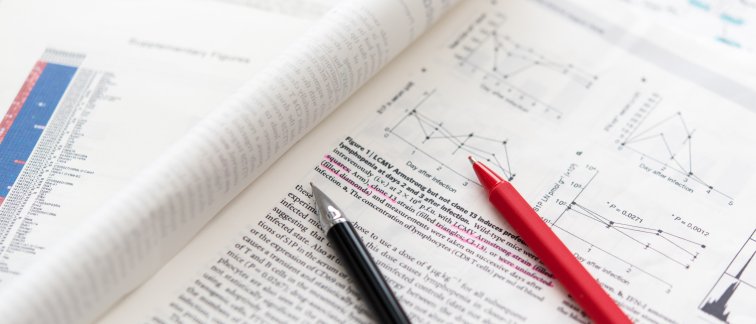PubMed is the go-to platform for anyone seeking the latest scientific research — from scientists and doctors to students. Yet on Sunday, March 2, the trusted database went temporarily offline. Although the outage was brief, it sparked global concern about the platform’s reliability and long-term future.
‘Given the political sensitivities in the U.S., where PubMed is managed and funded, concerns about censorship and continuity are understandable,’ says Lieuwe Kool, head of the Medical Library at Amsterdam UMC. But how justified are these concerns?
The brief blackout came amid growing confusion over inconsistencies in search results. For instance, a query for ‘transgender access sexual health’ yielded over 16,000 results on Europe PubMed Central (PMC), while the same search on PubMed U.S. returned just 1,385 hits. These differences have raised suspicions that certain research topics — particularly those involving gender or sexual health — may be subject to hidden filtering or bias, sparking fears of creeping censorship.
A technical explanation (for now)
‘For now, there is no indication of intentional manipulation,’ says Kool. The discrepancies largely stem from technical differences between platforms. PubMed (NLM), managed by the U.S. National Library of Medicine, indexes abstracts and uses MeSH (Medical Subject Headings). In contrast, Europe PMC analyzes full-text articles and uses advanced text-mining techniques like query expansion and semantic embedding.
‘It is logical that full-text analysis delivers more hits than keyword searches in abstracts,’ Kool explains. ‘So the preliminary conclusion is that there is currently no evidence of censorship via MeSH alterations.’ He notes the last MeSH update occurred in December 2024, ‘ironically replacing ‘pregnant woman’ with ‘pregnant person.’’
Financial dependence raises alarms
Despite the technical reassurance, concerns remain. Both PubMed and Europe PMC rely almost entirely on U.S. federal funding. Recent policy shifts have led to 1,200 layoffs at the National Institutes of Health (NIH), placing future funding — and the databases themselves — in jeopardy. ‘There are conservative forces within the current U.S. administration,’ Kool said in Trouw. ‘It is not unthinkable that terms related to gender, sexuality, or vaccination could be removed, making related research harder to find.’
What if PubMed is no longer free?
Another potential threat: the end of free access. Kool warns that, just as the U.S. pressures allies to contribute more to NATO, it could also start charging for access to PubMed — or restrict it altogether in times of trade tension or political conflict. ‘Even Europe PMC is not truly independent,’ he notes. ‘Despite the name, it runs on U.S. infrastructure and relies on PubMed. If restrictions occur there, we will feel them here, too.’
What can Amsterdam UMC users do?
For users within Amsterdam UMC, there is an alternative: Medline via OVID — a commercial platform offering advanced search tools and access to additional databases like EMBASE. Available through Wolters Kluwer, Medline requires login via OneView.
How to use Medline:
- Visit the research website
- Click on ‘Databases’
- Select ‘Medline in OVID’
‘The interface is a bit different from PubMed,’ Kool says. ‘But our Medical Library team offers guidance — including support from information specialists to help build effective search strategies.’
An action plan is also in the works, in collaboration with other Dutch university libraries, to ensure long-term access to reliable medical information. Kool even sees potential in a local solution: ‘The Netherlands has the knowledge, infrastructure, and library network to create a PubMed.NL. Why not?’
Time to be proactive
The current uncertainty makes PubMed’s vulnerability all too clear. Unlike paid services, there is no binding contract or safety net. Its free, open model leaves it exposed to political and technical risks.
Kool urges alertness: ‘We must examine what Europe PMC can and cannot offer, understand the differences between databases, and explore how we can maintain independent data exchange with the U.S. Let’s begin drafting scenarios to secure continued access to critical scientific information.’
Want to know more or have questions?
Contact the Medical Library: medischebibliotheek@amsterdamumc.nl
Read the original Dutch version on the Tulp intranet.

